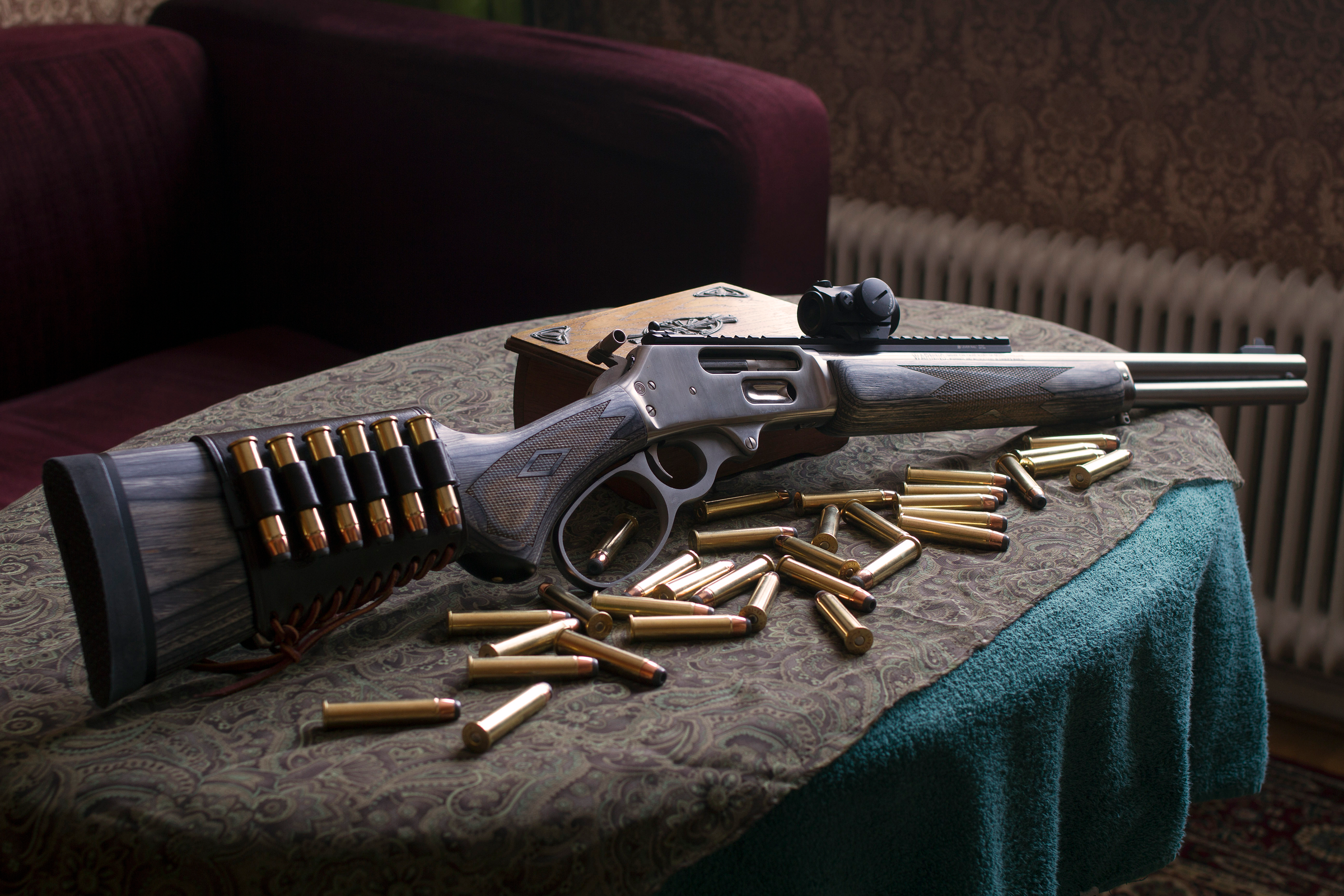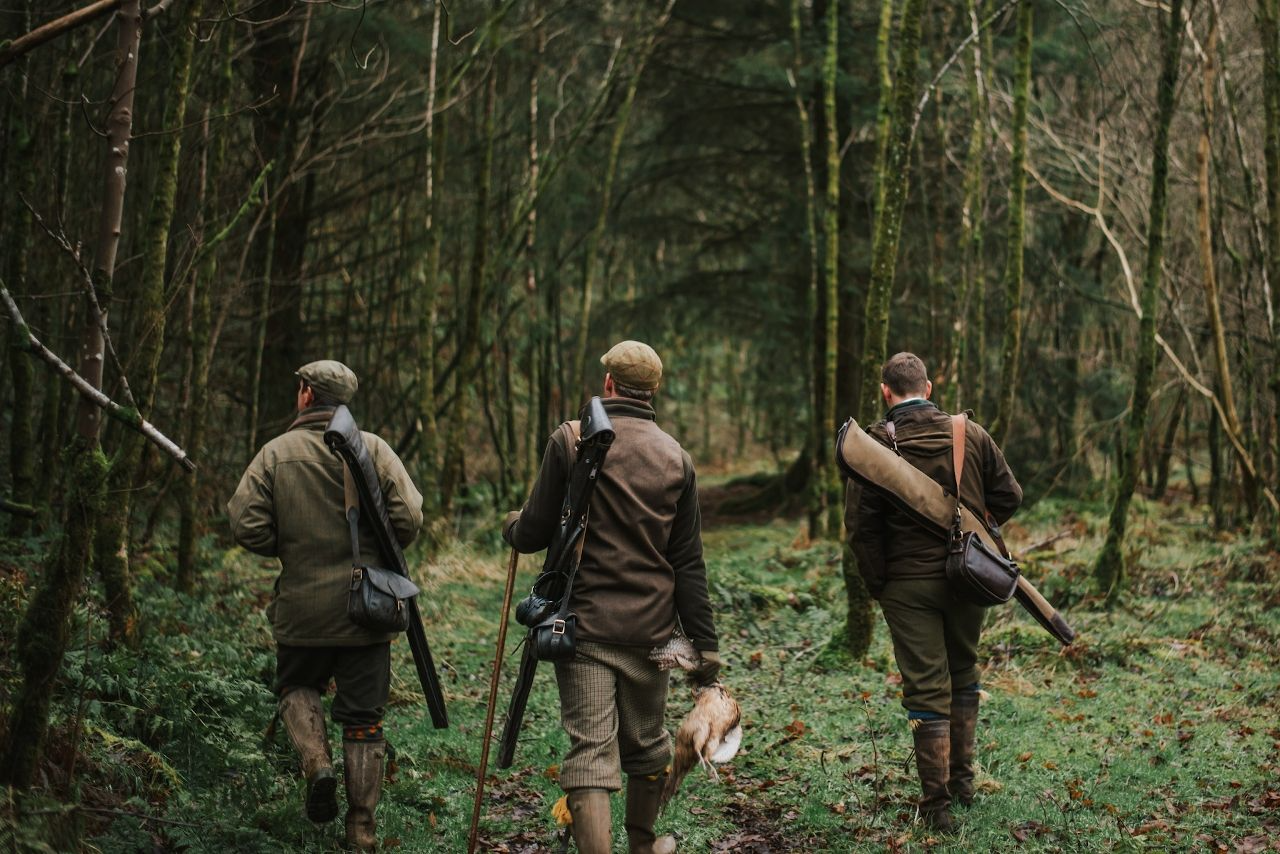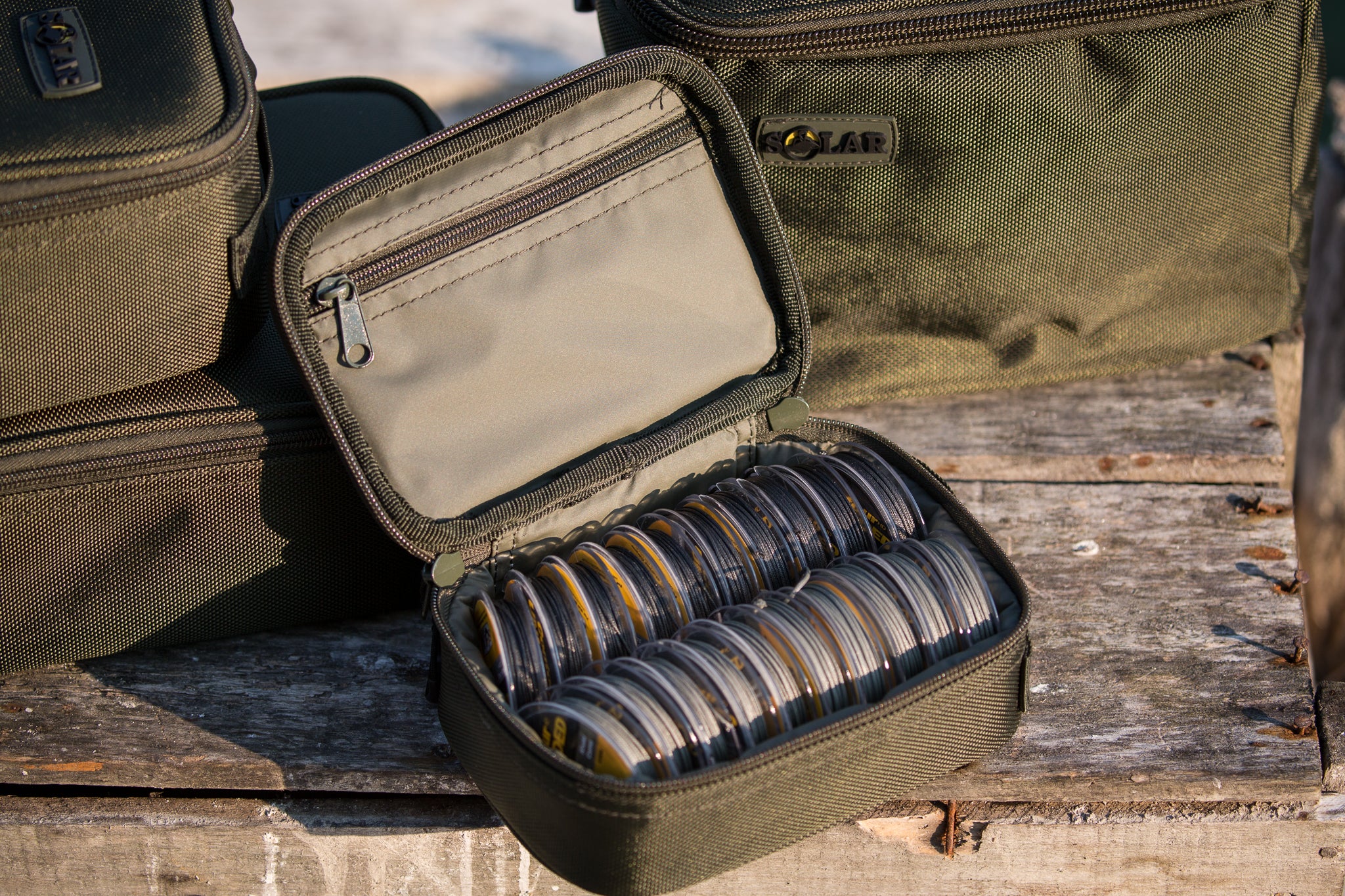The ultimate guide to choosing the best hunting gear for beginners
Embarking on your first hunting trip can be both exciting and daunting. As a beginner, selecting the right gear is crucial for a successful and enjoyable experience. From understanding the basics to choosing the best equipment, this ultimate guide will help you navigate the world of hunting gear.
The ultimate guide to choosing the best hunting gear for beginners
1. Clothing: comfort and camouflage
Your clothing choices can significantly impact your hunting experience. Proper hunting attire keeps you comfortable, concealed, and protected from the elements.
- Base layers: Choose moisture-wicking materials to keep you dry and warm. Merino wool or synthetic blends are great options.
- Outer layers: Opt for weather-resistant jackets and pants that provide insulation and protection from wind and rain.
- Camouflage: Select camo patterns that match the environment you'll be hunting in, such as woodland, marsh, or desert.
- Boots: Invest in waterproof, insulated boots with good traction to navigate various terrains comfortably.
2. Firearms and ammunition: making the right choice
Selecting the right firearm and ammunition is essential for ethical and effective hunting.
- Rifles: For big game, a bolt-action rifle in calibers like .270, .30-06, or .308 is a reliable choice. For smaller game, consider a .22 caliber rifle.
- Shotguns: Versatile for bird hunting and small game. A 12-gauge shotgun is a popular option.
- Ammunition: Choose the appropriate ammunition for your firearm and the type of game you're hunting. Research ballistics to ensure humane kills.
3. Optics: enhancing your vision
Good optics can make a significant difference in spotting and targeting game.
- Binoculars: Invest in a quality pair with magnification suitable for your hunting environment (8x42 or 10x42 are common choices).
- Rifle scopes: Choose a scope with clear optics, reliable adjustments, and the right magnification for your rifle and hunting conditions.
4. Hunting pack: organize and carry your gear
A well-organized hunting pack ensures you have everything you need at your fingertips.
- Daypacks: For short hunts, a daypack with 20-30 liters of capacity is sufficient.
- Backpacks: For multi-day hunts, opt for a larger backpack (50-70 liters) with a sturdy frame and multiple compartments.
- Essential items: Include a first-aid kit, water, snacks, a knife, a headlamp, extra ammunition, and game bags.
5. Calls and decoys: attracting game
Using calls and decoys effectively can improve your chances of success.
- Game calls: Learn to use various calls, such as deer grunts, turkey gobbles, or duck calls, to lure your target.
- Decoys: Place decoys strategically to attract game within range.
6. Safety gear: protecting yourself
Safety should always be a priority when hunting.
- Hunter orange: Wear blaze orange clothing to make yourself visible to other hunters.
- Harnesses and straps: If you're using a tree stand, always use a safety harness to prevent falls.
- Communication devices: Carry a two-way radio or a cell phone for emergencies.
7. Field dressing kit: preparing your harvest
Once you've successfully hunted your game, proper field dressing is essential.
- Knives: A sharp, durable hunting knife is crucial for field dressing. Consider a gut hook for easier processing.
- Gloves: Wear disposable gloves to maintain hygiene.
- Game bags: Use breathable game bags to store and transport your meat.
8. Navigation tools: finding your way
Navigational tools help you stay oriented and safe in the wilderness.
- GPS Device: A handheld GPS with topographic maps can be a lifesaver in unfamiliar terrain.
- Compass and Map: Always carry a traditional compass and map as a backup.
9. Practice and preparation: sharpening your skills
Finally, practice and preparation are key to a successful hunting experience.
- Shooting practice: Regularly practice at the shooting range to improve your accuracy and confidence with your firearm.
- Scouting: Spend time scouting your hunting area to understand the terrain and locate game trails.
- Physical fitness: Stay in good physical condition to handle the demands of hiking and carrying gear.
Conclusion
Choosing the best hunting gear for beginners involves careful consideration of your specific needs and hunting environment. By investing in quality equipment and taking the time to prepare, you'll set yourself up for a safe, enjoyable, and successful hunting experience. Remember, the right gear not only enhances your performance but also ensures ethical and responsible hunting practices. Happy hunting!





















